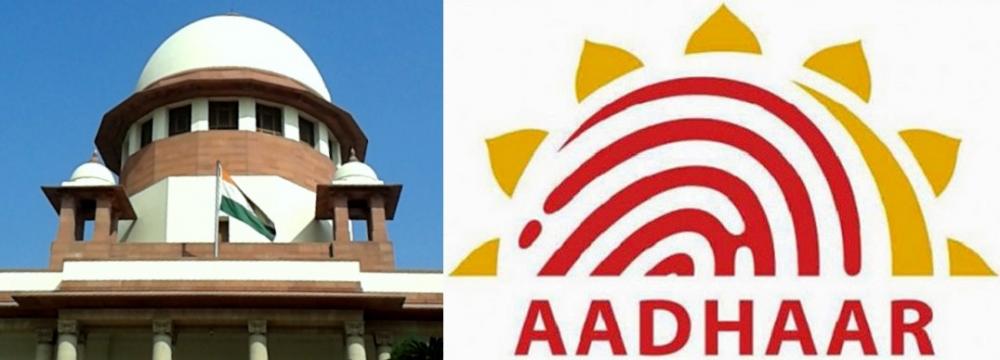Just Earth News | @justearthnews | 24 Aug 2017, 08:01 am Print

The apex court declared 'privacy' as a fundamental right of all citizens of India.
It has also overturned two previous judgements passed against the Right to Privacy in the years 1954 and 1962.
A nine-judge bench, led by Chief Justice JS Khehar, unanimously passed the verdict.
The other judges included J Chlameswar, SA Bobde, RK Agarwal, RF Nariman, AM Sapre, DY Chandrachud, SK Kaul and S Abdul Nazeer.
However, the question on the legality of the Aadhaar Card, the biometric ID card, still persists which will be decided by a smaller bench on the basis of Thursday's judgement on Right to Privacy.
The legality of Aadhaar Card has been put to question, particularly after Thursday's judgement, as it accesses biometric details of individuals.
Already crores of Indians have acquired the cards.
The legal battle regarding Right to Privacy was initiated following the previous government's (UPA government) decision to introduce the Aadhaar Card.
Reacting to the SC's judgement, former Indian law minister, Aswani Kumar, told local news channel NDTV: "I am delightful. Right to Privacy is inherent to all individuals. I am proud of the Supreme Court. They kept faith with the constitutional morality and aspirations of people of India. Only logical conclusion was there to declare the Right to Privacy as a fundamental right."
- Pakistan: Fourteen international cricket legends demand fair treatment for Imran Khan in prison
- Apple drops a massive surprise for podcast lovers — Here’s what’s new
- Farewell address: Yunus reopens ‘Seven Sisters’ conversation before power shift in Bangladesh
- Viral video shows Pakistani Army Chief Asim Munir nearly stopped, asked to flash ID at Munich Security Summit
- Two weeks, 30 targets: US intensifies strikes on ISIS in Syria





-1763561110.jpg)
